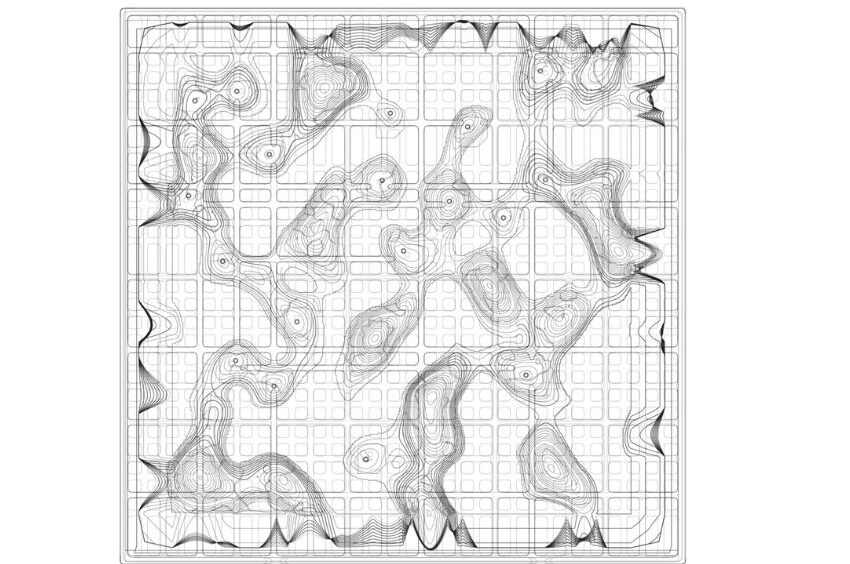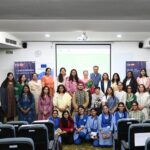Mumbai Architect Wins Global Award For ‘Living Cladding’

Mangesh Kurund’s algae-and-moss infused façade system secures Rs 19.4 Swarovski Foundation grant, spotlighting India’s innovation in sustainable urban design
A bio-integrated architectural solution designed by a young Indian architect has earned global recognition at the 2025 Swarovski Foundation’s Creatives for Our Future programme, supported by the United Nations Office for Partnerships. Mangesh Kurund, a 29-year-old Mumbai-based innovator, is among six international winners selected from nearly 500 applicants across more than 60 countries. He is also the only Indian to be honoured this year.
Kurund’s concept—a ‘living’ cladding system that mimics natural ecosystems by embedding moss and algae into building exteriors—won him a Rs 19.4 lakh grant and access to tailored mentorship, education resources, and a global innovation network.
“Just as trees purify the air and provide natural cooling, this cladding acts like the bark of a tree and does exactly that for buildings,” said Kurund. “I’m excited and grateful that this programme will help me prototype and scale this vision for greener cities.”
The modular cladding tiles incorporate water reservoirs and bio-receptive surfaces that support plant growth, improving air quality, sequestering carbon, and reducing urban heat. The design aligns with increasing global urgency around climate-resilient cities and offers a scalable solution for dense urban environments, especially in tropical regions like India.
Global Ideas, Local Solutions
The Swarovski Foundation’s Creatives for Our Future programme, now in its fourth year, champions young innovators using creativity to solve pressing environmental and social challenges. This year’s winners span architecture, fashion, circular design, and accessible technology- selected not just for creativity, but also for real-world impact.
“Each year, I am inspired by the remarkable creativity and vision of these young innovators,” said Jakhya Rahman-Corey, Director of the Swarovski Foundation. “Their groundbreaking solutions demonstrate the transformative power of creativity in tackling global challenges.”
Annemarie Hou, Executive Director of the United Nations Office for Partnerships, added: “Supporting young people with the tools to create a sustainable world is more important than ever. They bring fresh ideas, hope, and drive change for a better future.”
Kurund’s recognition puts a spotlight on India’s emerging generation of climate-conscious architects and the potential of design-led innovation to tackle urban sustainability. With support from the programme, he aims to bring his bio-cladding system closer to real-world implementation, beginning with functional prototypes tested in Indian cities.






































































































































































































































































































































































































































































































































































































































































































































































































































































































































































































































































































































































































